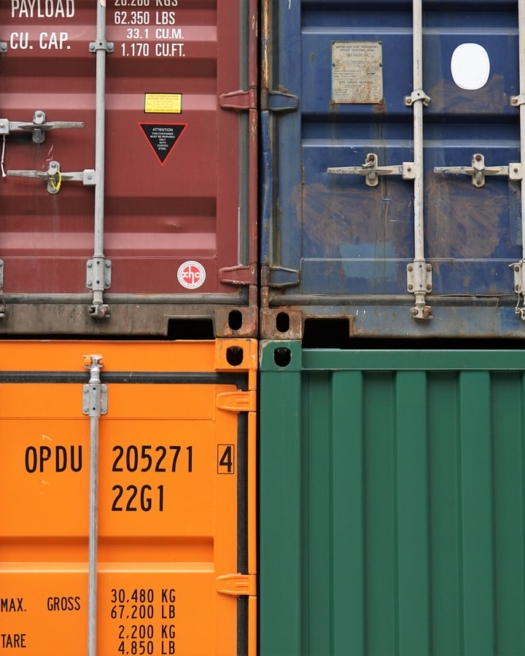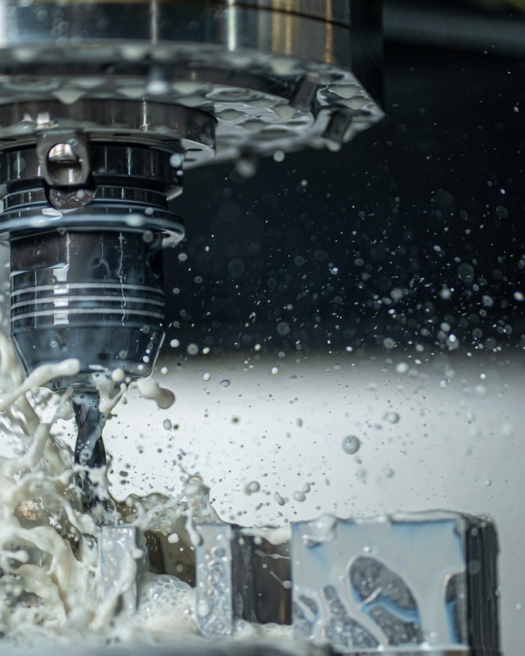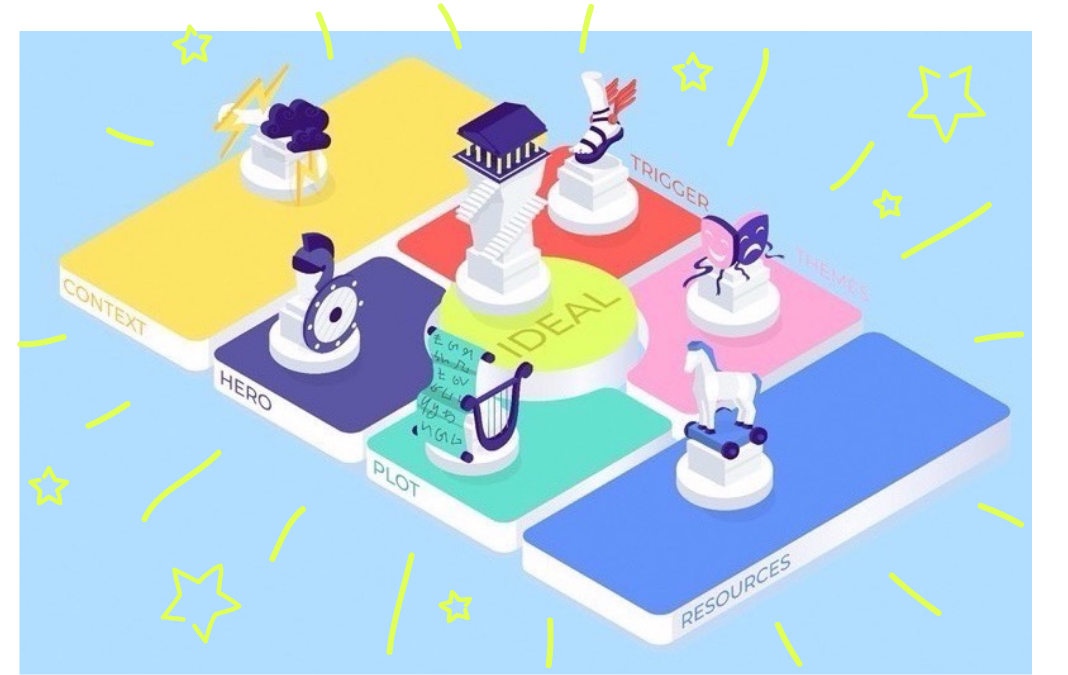Has “being Swiss” lost its competitive edge?
Up until the 1970s, being a Swiss-quality manufacturing or engineering firm meant relatively straightforward access to customers in France, Germany and farther abroad. High quality and the lack of specialised competition ensured Swiss tools, products or machines could travel as far as China to be sold. In a globalised world, Swiss companies must now fight to survive against a growing number of cheaper, qualitatively comparable international rivals. No industry is immune. Developing countries, especially in Asia, have closed the technological and quality gap in many sectors. Qualitative alternatives to Swiss products at lower cost decreases their perceived value. And it doesn’t take long for a product to become a commodity.
But international trade is not the only thing driving the commoditisation wagon. Automation and open source technologies are making it harder for companies to stay competitive. Supply chain politics further complicate matters, with end-of-the-line assemblers now holding disproportionate power in the value chain. Even in the watchmaking industry, commoditisation creates a risk of consolidation. According to Frédéric Gouverd, CEO of luxury clasp manufacturer Boucledor, “consolidation in the watchmaking sector is similar to what happened in the auto industry in the 80s and 90s, where large car manufacturing groups could force price squeezes out of – and take over – small parts suppliers. To counter this, we must not only innovate, but also learn how to better publicise our innovations.” Otherwise stated, B2B companies unable to generate awareness beyond their immediate circle of customers and stakeholders are doomed to a slow death.


“We need to decommoditise our offering.”
Rethinking the Value Proposition
Commoditisation is a major threat for Swiss B2B companies, especially those who were previously sheltered from it through location or past good business strategies. One key way B2B companies can escape commoditisation is by forming closer relationships with their customers. By forming an active ecosystem and providing unique services, insight or even education to these companies, the relationship evolves from purely transactional to one based on trust, authority, and reliance.
Even technologically-advanced companies like corporate software solutions provider AdNovum aren’t immune to this trend, as confirmed by its CEO, Chris Tanner: “Even software development is now becoming more of a commodity. AdNovum needs to position itself as more than a software engineering group, [becoming] a technological partner that can help customers master their digital potential.” In order to achieve this, however, companies must first convince customers and stakeholders of their expertise, which means building up intellectual property, hosting seminars and more broadly integrating this scheme within their overall brand strategy.

“The old business models are dying, partly due to commoditisation. We must figure out new ways to extract value other than the product.”
How to Battle Commoditisation
There are different ways to add value to a commoditised product. Moving from products to solutions that include some level of service or customer care is one way to do so. Another is good product branding, which can help highlight unique product characteristics (such as patents, rarity, unique provenance, etc.) or make that product more appealing to customers (with packaging, machine design, naming, etc.). Still not convinced? Neither were rival cement manufacturers when Holcim introduced branded names for its products. According to Christian Wengi, Holcim’s Head of Marketing for Switzerland and Italy, here’s what happened next: “When we introduced brand names for our cement products in Switzerland, everyone laughed at us because we were the first to do it. But after a few months, even our competitors’ customers started using our brand names when talking about cement types.” Thanks to their smart naming initiative, Holcim was able to effectively own the discourse within a category that is often considered the ultimate commodity. Commoditisation is a challenge, for sure. However, it is not insurmountable, and B2B companies are often better armed to face it than they think.





